IN SAVING ELEPHANTS - WE SAVE OURSELVES
In a world that often feels like it’s spinning out of control, it’s easy to lose sight of the natural wonders that share this planet with us. Climate change, global pandemics, political turmoil, and social unrest dominate the headlines. With so much chaos, it’s fair to ask: why should we care about saving elephants? Aren’t there bigger problems to solve? The answer is simple yet profound: saving elephants is not just about them; it’s about us, our ecosystems, and the future of our planet.
Elephants are more than just majestic creatures; they are nature’s landscapers. These giants play a critical role in maintaining the balance of their ecosystems. In Africa’s savannas, elephants knock down trees, which prevents overgrowth and creates open grasslands for other species to thrive. In Asian forests, they disperse seeds over vast distances, helping regenerate plants and trees. By saving elephants, we’re not just preserving a single species—we’re protecting entire ecosystems. When elephants thrive, so do countless other animals, plants, and microorganisms that depend on the habitats they shape. Without them, the balance of these ecosystems would crumble, leading to cascading effects on biodiversity.
Elephants’ impact on their environment goes beyond biodiversity; they also play a surprising role in combating climate change. By maintaining healthy forests and grasslands, elephants contribute to carbon storage. Trees and plants absorb carbon dioxide from the atmosphere, and when elephants help these ecosystems flourish, they’re indirectly aiding in the fight against global warming. For example, studies have shown that forests with elephants have a higher density of large trees, which are particularly effective at storing carbon. Protecting elephants, therefore, isn’t just about saving a species—it’s about preserving one of nature’s most effective tools for climate regulation.
Few animals exhibit the intelligence and emotional complexity of elephants. They have remarkable memories, solve problems, and demonstrate empathy. Elephants have been observed mourning their dead, helping injured members of their herd, and even comforting one another in distress. When we see elephants as sentient beings with rich emotional lives, it becomes harder to ignore their plight. Saving elephants isn’t just about conservation; it’s about recognizing the intrinsic value of creatures that share so many qualities with us. Their intelligence and emotions remind us of our shared connection to the natural world.
Elephants hold a special place in human culture and history. In Hinduism, the elephant-headed god Ganesha symbolizes wisdom and prosperity. In Thailand, elephants are a national symbol, revered for their strength and grace. Across Africa, elephants are woven into folklore and traditions, often representing power, wisdom, and protection. By saving elephants, we’re preserving a part of our cultural heritage. These animals have inspired art, religion, and stories for centuries. Losing them would mean losing an irreplaceable piece of our collective human history.
Efforts to save elephants often benefit entire communities. Conservation projects create jobs, from park rangers to ecotourism guides, supporting local economies. Protected areas for elephants also become safe havens for other endangered species, amplifying the impact of these efforts. Elephants are also a major draw for tourism in countries like Kenya, Sri Lanka, and Thailand. Tourists eager to see these magnificent creatures bring much-needed revenue to conservation initiatives and local businesses. Saving elephants is an investment in sustainable development and economic resilience.
Human activity—from poaching to habitat destruction—has pushed elephants to the brink of extinction. Over the past century, elephant populations have plummeted due to ivory hunting, deforestation, and human-wildlife conflict. Do we not have a moral obligation to undo the damage we’ve caused? Saving elephants is a reflection of our values as a species. It’s a testament to our ability to care for something beyond ourselves, to prioritize compassion and stewardship over short-term gain. If we let elephants disappear, what does that say about us?
The challenges facing elephants can feel overwhelming, but small actions add up. Supporting conservation organizations, saying no to ivory, advocating for stronger wildlife protection laws, and choosing ethical tourism are just a few ways we can make a difference. These small steps collectively help ensure that future generations inherit a world where elephants still roam.
In a crazy world filled with pressing problems, saving elephants might seem like a small concern. But it’s not. Elephants are vital to ecosystems, allies in the fight against climate change, and symbols of our shared humanity. By saving them, we’re not just preserving a species—we’re safeguarding our planet’s future and proving that we can act with compassion and purpose. Their survival is deeply intertwined with ours. In saving them, we save a piece of ourselves—our ecosystems, our cultures, and our capacity for hope in a chaotic world.

